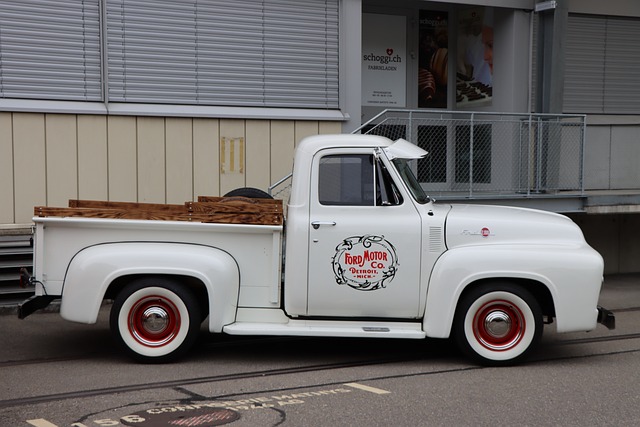When starting a new business, you may be confused about what plan to write. Should it be about your management, business structure, or financial plan?
What’s a business plan for? A business plan helps you organize and target your business goals. It forces you to think through all aspects of your business, maturing your business idea.
A good business plan will help you identify the strengths and weaknesses of your business and develop the means to target the goals you want to achieve.
But how to craft the perfect tow truck business plan? What sections should it have? How long should it be? Keep reading to find out!
Establishing Your Goals
When creating a business plan, you must start by establishing your goals. Start with a well-defined vision of your business and the service you plan to offer. Please include details about the size of your fleet, where it will operate, and any special assistance you plan to offer.
Next, outline your marketing strategy – how you plan to reach potential customers and retain their business. Educate yourself on operating costs such as insurance, labor, and fuel. Estimate the costs of obtaining and maintaining tow trucks and factors such as licenses, training, and certification.
Financial Plan
Crafting the perfect tow truck business plan begins with a financial plan that includes the following:
- start-up costs
- capital requirements
- pricing or pricing structure
To find start-up costs, list the assets necessary for operation, such as a vehicle, equipment, building or storage facility, and supplies. In addition, make sure to project the revenue for the first year. Calculate the ratio of expenses and income and adjust if needed.
Operational Structure
The plan should start with a clean and concise overview of the business. This should include the target market, the number of tow truck owners or operators needed, and the services to be offered. The operational structure should consist of specific details about the organizational roles and responsibilities.
Working out a budget and pricing structure should be the last step. If all of these elements are appropriately addressed upfront, the business will be well on its way to success in the towing business.
Risk Analysis
Proper risk analysis involves evaluating potential risks and proactively taking steps to reduce, manage, or eliminate them. Start by assessing what risks you face in the marketplace, such as:
- competitor entry
- industry trends
- customer insecurity
Risk analysis for towing professionals is an ongoing process that requires frequent review and adjustments to be effective. By leveraging the power of risk assessment in your tow truck business plan, you can lay the foundation for success and mitigate potential pitfalls.
Marketing Strategy
To create the best marketing strategy, one should determine their target market. Test out different ideas to determine the best work for their needs. Additionally, they should use demographic information to filter out potential customers.
Once they have identified their ideal target market, they should create a marketing plan that will be most effective. This should include advertising (such as TV and radio commercials, flyers, etc.), discounts and promotions, and social media to reach more potential customers.
Create the Best Tow Truck Business Plan
A tow truck business plan should be done with due care and diligence. By doing thorough research and setting realistic goals, objectives, and milestones, you can craft the perfect business plan to help you make intelligent and effective decisions. Start now and take your business in the direction you want.
To learn more helpful tips, be sure to visit our site today!









